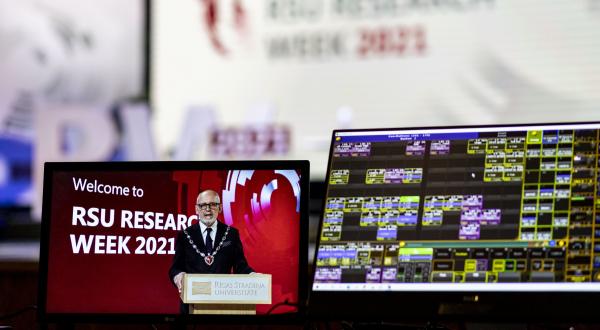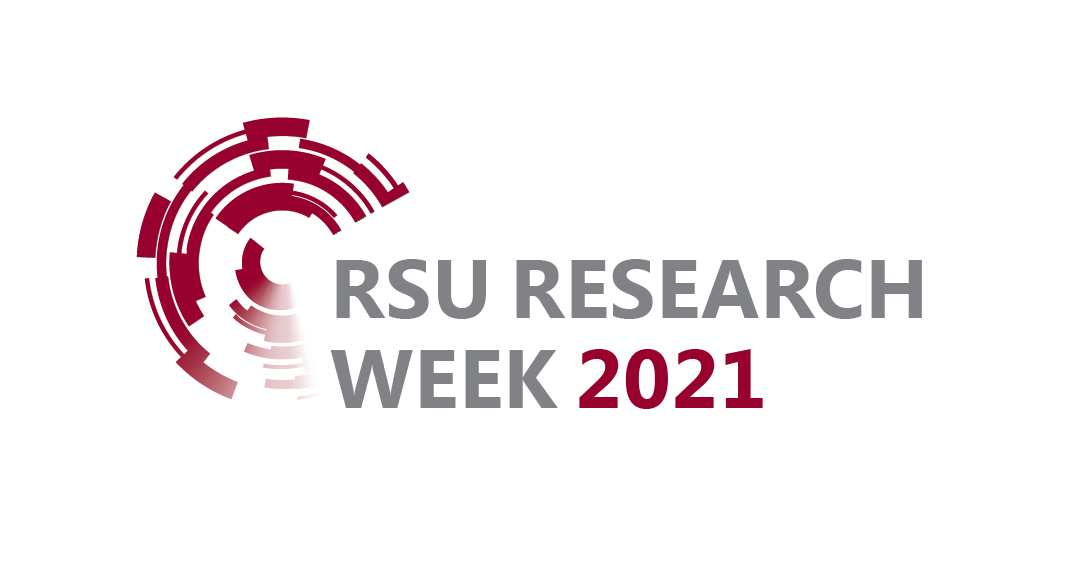Obtaining a Critical Distance
Distance is just as crucial for suppressing the spread of the virus, as it is for making sense of the pandemic. While keeping two meters between us daily is possible, humanities and social science scholars are struggling to keep a critical distance from the pandemic as a research object, as it unfolds right in front of their eyes. To briefly sketch out the challenges, we talk to Dace Dzenovska, RSU Research Week keynote speaker and Associate Professor in the anthropology of migration at the University of Oxford. She is currently based in Riga while doing research within the framework of the European Research Council funded project called "Emptiness: Living Capitalism and Democracy after Post-Socialism". The project focuses on emptying towns and villages in Latvia, Russia, Belarus and Ukraine.
What will you focus on in your keynote speech at RSU Research Week?
I was invited to talk about the very complicated topic of the pandemic and society. I have been struggling to figure out what to focus on, changing my mind daily. And then I realised that this is in fact a symptom of the situation in which we find ourselves. We are trying to make sense of a situation that is unfolding in real time. As social scientists and humanities scholars we need to establish a critical distance to be able to see the contours of an unfolding situation, especially if we think of the pandemic not only as an epidemiological event but also a biosocial one that entails social relations, politics, decision making, long-term effects.
The one point that I’d like to make is to convey the importance of thinking about what it means to produce knowledge and make decisions in a situation that is unfolding in real time, and what the limits of our ability to understand it fully are.
I have also been observing how people move, how movement is restricted and what that tells us about the role of the nation state. I’m particularly interested in the hopes and desires directed at peoples’ mobility practices. For example, there has been excitement that Latvian, Moldovan and Ukrainian migrants might be returning to their home countries. I have also noticed hopes that people might be returning to the countryside and that this might lead to a revival. And indeed, we have seen an increased interest in real estate in the countryside, but we cannot yet tell how lasting these trends are. It is possible that people are moving along a transnational circuit and stopping in places in accordance with what the situation requires. Rather than returning, people are perhaps insuring themselves by making certain mobility practices available to them.
What would you like the audience to take away from your speech?
I’d be very pleased if the audience came away from my speech thinking a little deeper about what it means to know during a pandemic; what kind of understanding we can produce as scholars, as experts, as politicians; how we act in uncertain situations, and what it means to think critically. I don’t think I’ll be able to provide any answers, but I certainly hope that I’ll be able to invite people to think about these things more critically.
What do you hope to get out of Research Week yourself?
I’m very interested to see what comes out of this interdisciplinary conference. I think Rīga Stradiņš University is an excellent place for thinking across disciplines, especially in the conditions that I mentioned earlier, where a pandemic is not just an epidemiological event but also a biosocial one that requires collaboration between natural scientists, social scientists, historians. This is an excellent place to obtain understanding like this.
Related news
 RSU Research Week Breaks Attendance RecordGeneral, RW Deep Dive
RSU Research Week Breaks Attendance RecordGeneral, RW Deep Dive
